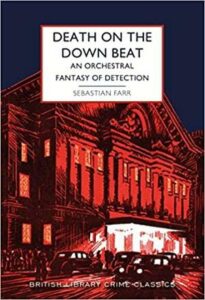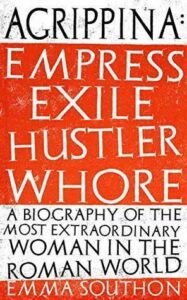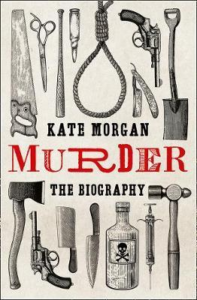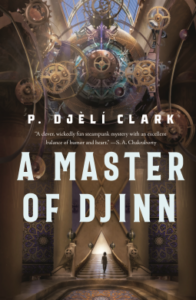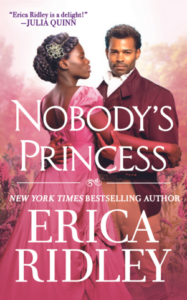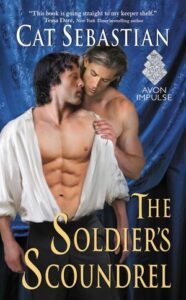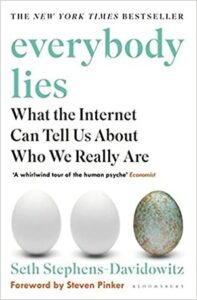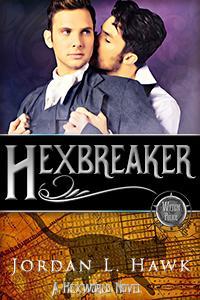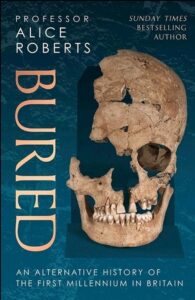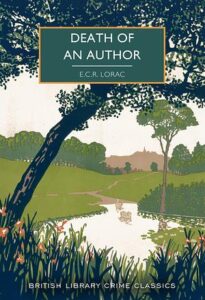 Death of an Author, E.C.R. Lorac
Death of an Author, E.C.R. Lorac
Death of an Author is another really enjoyable mystery from E.C.R. Lorac — one slyly self-referential, given the stuff about it being impossible for a female author to write such a mystery, and an outlier as well, because it doesn’t feature her usual series detective. There’s also rather less of an “atmosphere”, though she does describe a couple of the locations very vividly.
The reason I’m losing my head and giving it five stars is that I found the mystery so genuinely intriguing to turn over in my mind. Often when I read mystery novels, I just wait for the author to lead me to the clues, pretty much ever since Sayers and that cheat of withholding the flake white clue (yes, I know, I do bang on about that). I don’t trust authors to give the clues, and also I cynically know how the twists and turns of a mystery novel go. But I didn’t anticipate every step of this one, and I didn’t spoiler myself for the end either: I wanted the full experience, and to give the puzzle a try myself.
In the end, I got there with the solution, though some things happened that I didn’t quite believe (and there was a bit that relied extremely heavily on luck), and I really enjoyed the process of getting there. Lorac was a good writer, and her wry wit in playing with the questions of authorship here offered some extra piquancy. (I wonder how people took it when they thought she was a guy, thanks to her pen-name?)

